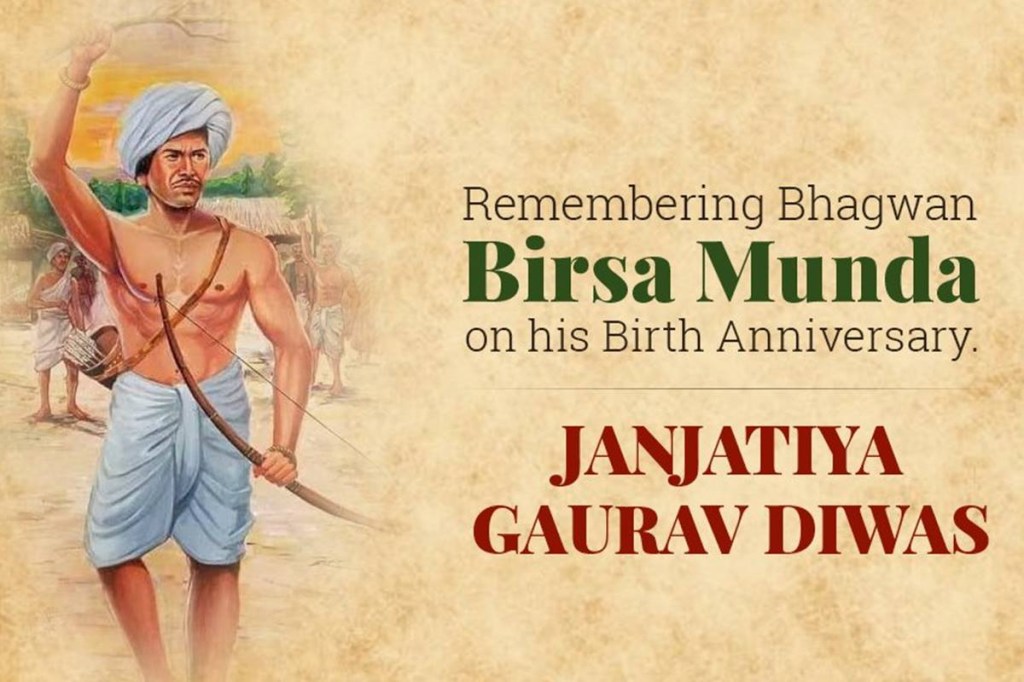The Modi government has announced that Birsa Munda’s birth anniversary – November 15 – will be celebrated as Janjatiya Gaurav Divas this year onwards. Paying tribute to the revered tribal freedom fighter Birsa Munda, Prime Minister Narendra Modi termed the decision as ‘historical’. PM Modi also inaugurated a museum in Ranchi in memory of Birsa Munda.
“Nation decided that during ‘amrit kaal’ of independence, tribal traditions and ts tales of gallantry will be given even more grand identity. A historic decision has been taken that November 15, the birth anniversary of Bhagwan Birsa Munda will be celebrated as Janjatiya Gaurav Diwas,” said PM Modi. Prime Minister Narendra Modi also said Munda always struggled to protect the rights of tribes and to give impetus to the fight for independence and his contribution to the country will always be memorable.
So, who was Birsa Munda?
India’s freedom struggle was strengthened by several movements by tribal communities such as Santhals, Tamars, Kols, Bhils, Khasis and Mizos to name a few. Tribal movements in different regions of the country against the British colonial rule got linked with the national freedom struggle and inspired Indians all over the country. One of those tribal leaders was Birsa Munda, often revered as ‘Bhagwan’ by tribal communities across the country. Born in the tribal belt of the undivided Bihar in 1875, Birsa Munda rallied tribals against the British colonial rule and conversion activities and died in 1900 in Ranchi jail.
Birsa Munda fought bravely against the exploitative system of the British colonial government and spearheaded the movement against British oppression giving a call for ‘Ulgulan’ (Revolution). Munda led the tribals essentially to prevent land grabbing by the non-tribals ending them up as bonded labourers in their land. Though he lived for only 25 years, he awakened the tribal mindset and mobilised them in the little town of Chhotnagpur and was a terror for the British Rulers. He was also called ‘Dharti Abba’.
Birsa Munda had commenced his protest to save tribals on October 1st, 1894 demanding remission of forest dues. He gave his clarion call to the tribals by saying, “Maharani raj tundu jana oro abua raj ete Jana”. In other words, he urged the tribal folks to end the rule of the queen and re-establish their own rule. Today, he is revered across the country especially in Bihar, Jharkhand and Odisha.

